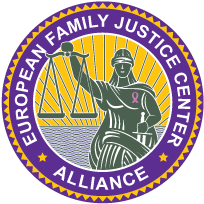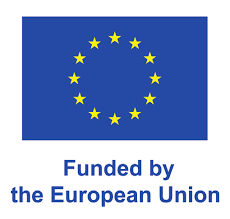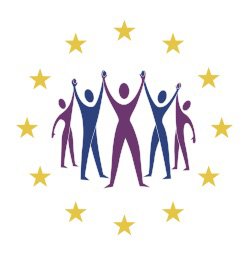COVID 19 impact on domestic violence and child abuse
Practical guidelines for policymakers
The COVID-19 measures have a huge impact on everyone in our society, but especially also on (potential) victims of domestic violence and child abuse. Restrictions on physical freedom of movement, closure of schools, compulsory stay at home, greatly reduced social contacts, possible loss of job, financial uncertainty are, as we know, the greatest risk factors for domestic violence and child abuse. Under the pressure of the Covid-19 crisis, local, regional and national governments should absolutely not lose sight of the situation of victims of domestic violence and child abuse. They are part of the most vulnerable groups in our society.
How can a government during this crisis make a significant contribution towards these vulnerable group? Some practical guidelines:
- Provide social welfare/health organizations, police and judicial authorities with the maximum opportunity to fulfill their role in safety planning in (suspected) domestic violence and child abuse.
- Inform society very emphatically that despite all COVID-19 measures, attention to domestic violence and child abuse remains in full force. Give the message that it is also one of the most important priorities during this crisis. Consider, for example, introducing a "Zero-tolerance" policy in situations of domestic violence and child abuse. Send the clear message that despite all COVID-19 measures, the government acknowledges the seriousness and impact of domestic violence and continues to motivate (potential) victims and their families to seek help. Give the signal that the government will not abandon them!
- Provide clear and clear communication about the possible available resources for families in which there is an (imminent) situation of domestic violence and child abuse.
- Make use of national media as much as possible, such as TV, radio, social media, etc.
- As a government, capitalize on the solidarity of fellow citizens with regard to victims of domestic violence and child abuse, do an appeal on everyone to watch over families in precarious situations and to get in contact with the available resources in your community in case of (suspected) domestic violence or child abuse.
Amandine Clavaud, policy adviser on Europe and Gender Equality within the Fondation Jean Jaurès (Paris):
“We have to be very attentive to the risks towards women and children amid this crisis, because the work of associations will possibly slow down with the quarantine. In the case where public services reach saturation point, the treatments of domestic violence cases should definitely not be leftbehind, but fully part of the whole strategy in dealing with the crisis.”
Source Euractiv.com COVID-19 isolation could create ‘fertile ground for domestic violence’


